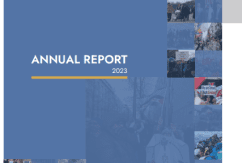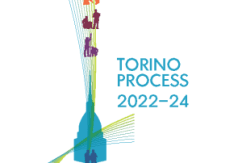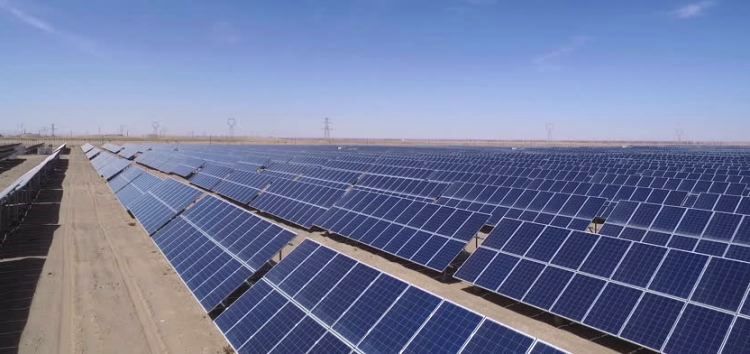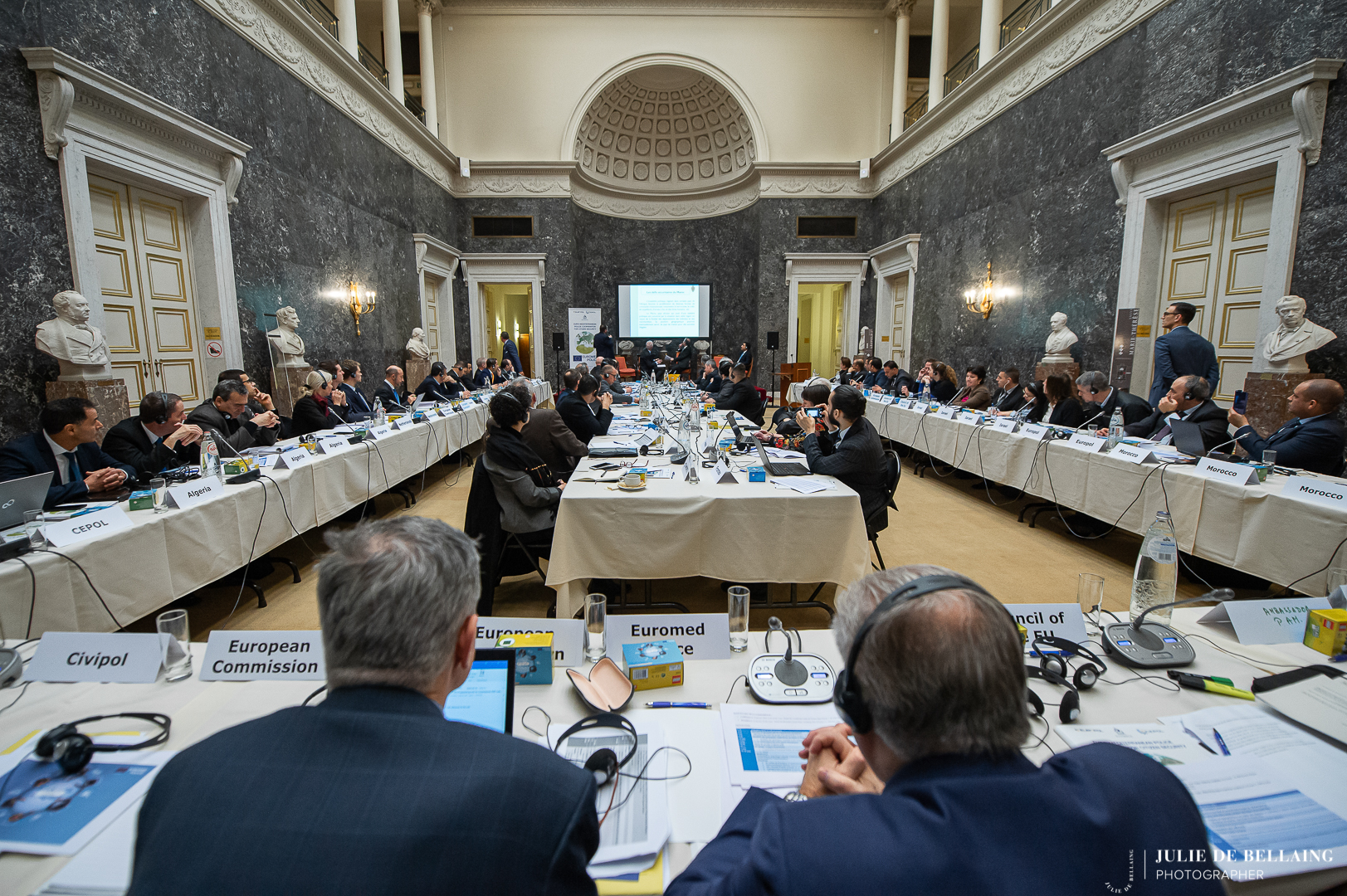Both EU-funded meetMED and Clima-Med projects explore synergies for future collaboration
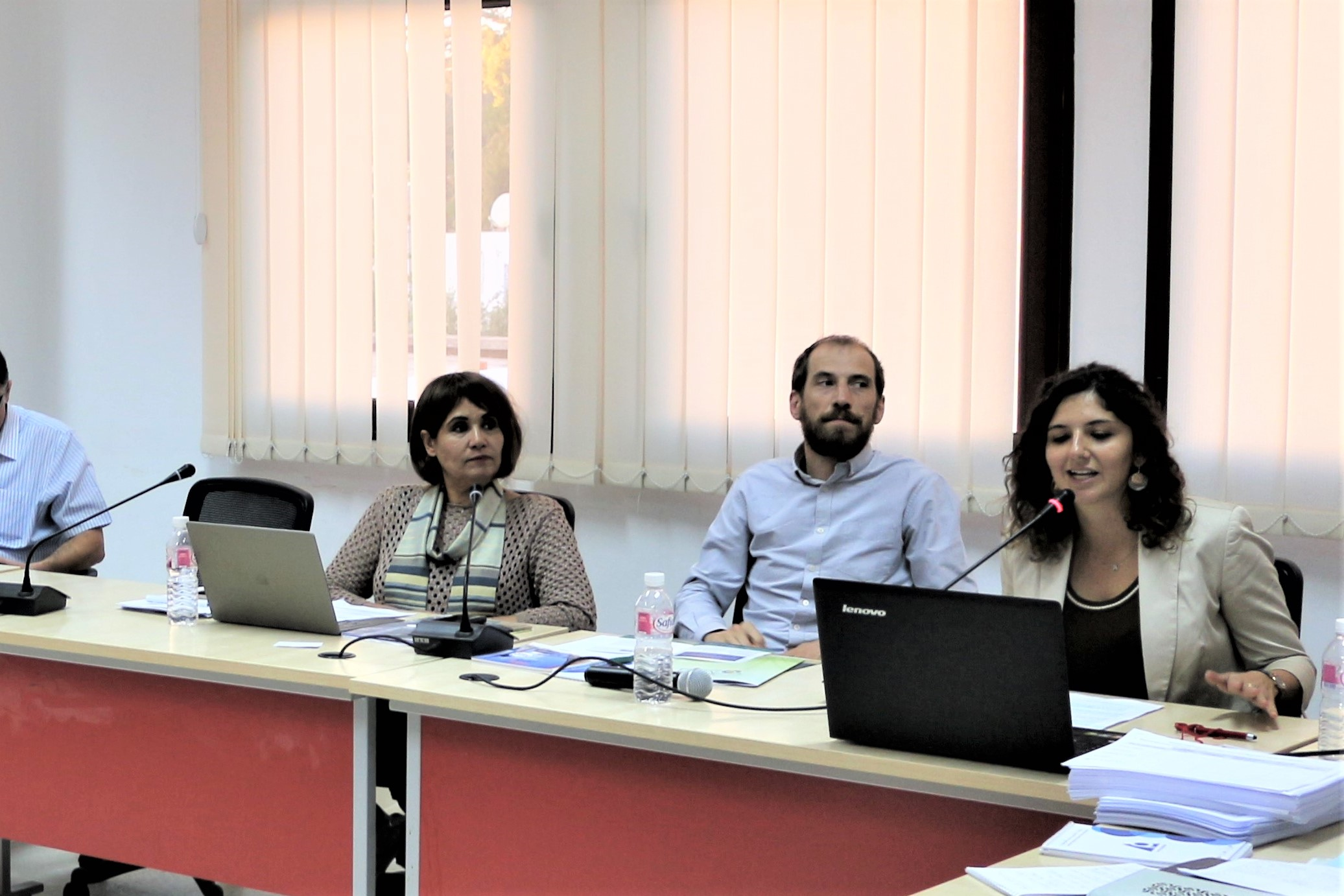
Last week, the meetMED project was invited to participate in the Clima-MED workshop on the Action Plans for Access to Sustainable Energy and for Climate (PAAEDCs) held at the Centre of Training and Decentralisation Support (CFAD) in Tunis, Tunisia. The workshop was an occasion for meetMED and Clima-Med to explore the synergies between the two projects and identify areas of mutual interest for future closer cooperation.
Despite their different scopes of action – meetMED targeting mostly the national agencies and ministries and Clima-Med focusing mostly on the local level –the two projects share numerous goals, namely supporting sustainable climate and energy policies and strategies, identifying concrete pilot actions to be implemented by national and local authorities and facilitating climate investments and the setup of finance mechanisms at national and local levels.
When presenting meetMED activities taking place in Tunisia in the biennium 2019-2020, the audience at the workshop showed a particular interest for the meetMED training courses, whose training packages are meant to be replicable across the Southern and Eastern Mediterranean countries at different levels. Further collaboration between the two projects has been assessed as mutually beneficial and is envisaged soon.
The EU-funded project meetMED – Mitigation Enabling Energy Transition in the Mediterranean Region – fosters the energy transition in the Mediterranean, by contributing to improved security of energy supply, enhanced climate change mitigation actions and the promotion of renewable energy sources and energy efficiency at regional and country levels.
The EU-funded project “Clima-Med – Acting for Climate in South Mediterranean” aims at supporting the transition of partner countries towards sustainable, low-carbon and climate-resilient development. The overall objective of the initiative is to enhance energy security and adaptive capacity of partner countries and subsequently contribute to more stable, efficient, competitive and climate-resilient socioeconomic contexts, while increasing energy sovereignty and reducing CO2 emissions.
Read more
Clima-Med – Website and Facebook page









